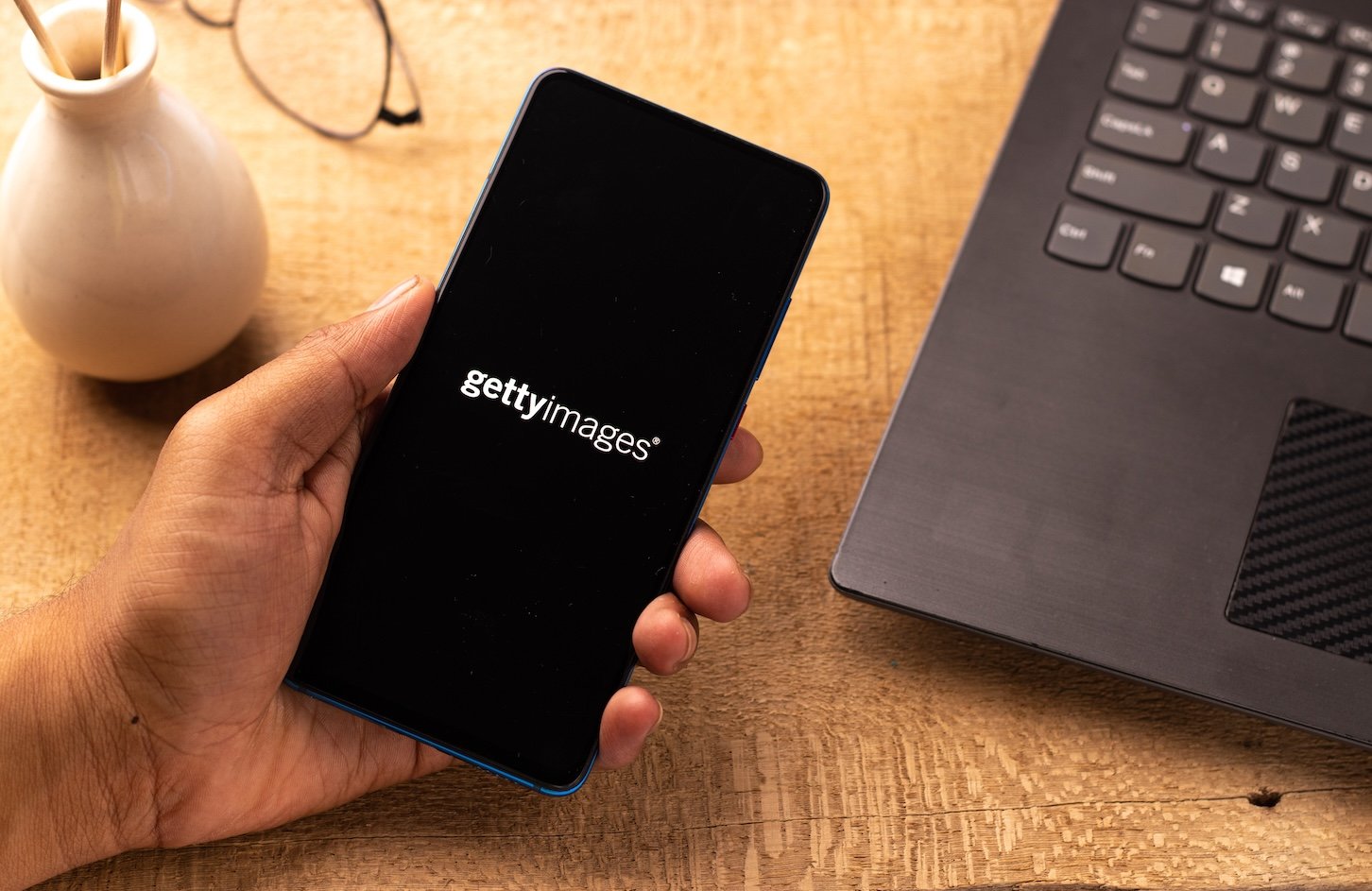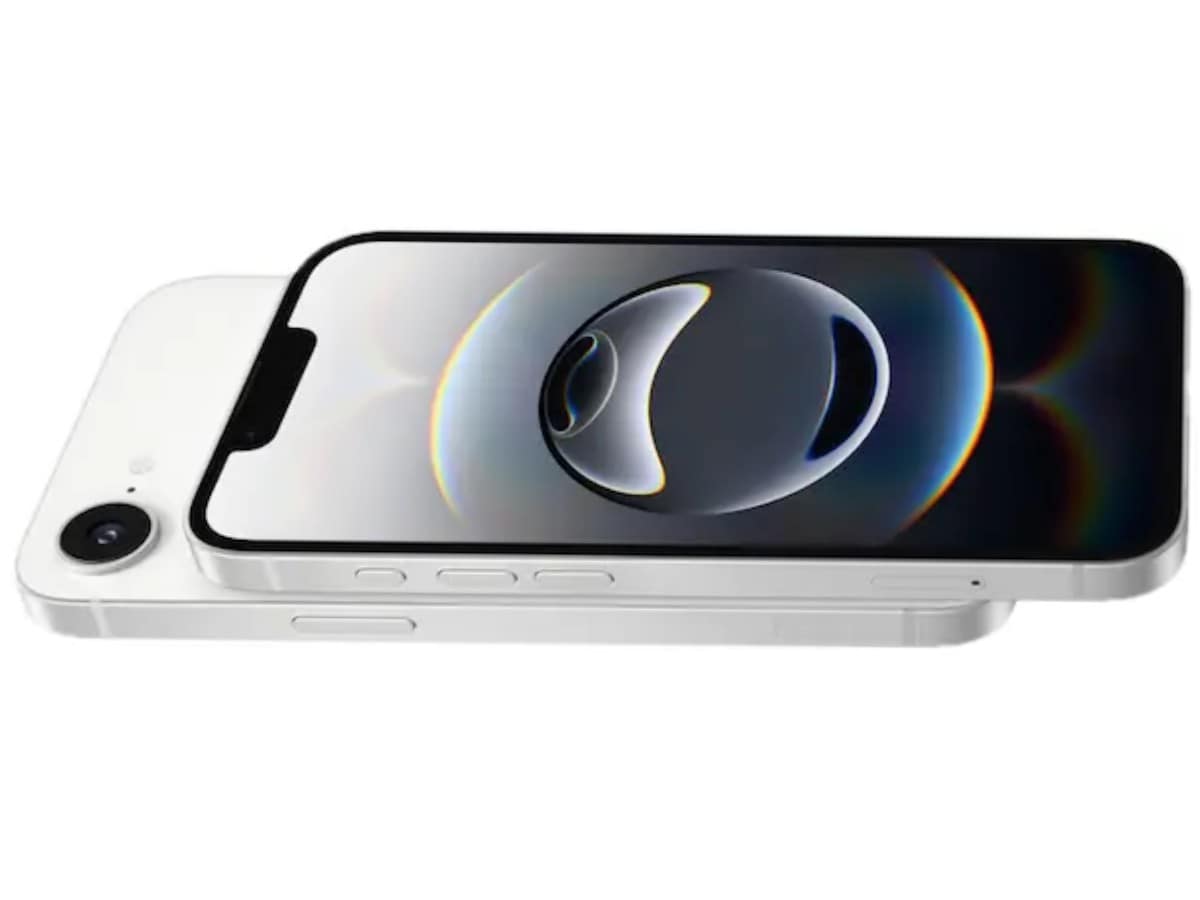Verdict
Sharp’s compact Dolby Atmos soundbar steps up as a sonic enhancer for small TVs and doubles as an excellent companion for a workstation. It sports a neat, quality design and registers height channels convincingly. It’s short on tangible bass supply but its modest dimensions could solve a lot of space-related issues.
-
Impressive nearfield Dolby Atmos effect -
Clear, articulate voices -
Solid feature set -
Versatile footprint -
Classy design
-
Short on meaningful bass -
Fussy indicator light arrangement
Key Features
-
Audio
Dolby Atmos, Dolby TrueHD, Dolby Digital Plus, Dolby Digital -
Driver count
Two full-range forward-facing drivers plus two full-range up-firing drivers -
Input connections
HDMI eARC, optical TOSLINK, 3.5mm audio
Introduction
Sharp is starting to make waves again in the UK. The various corporate re-orgs of the past few years have seen the brand dip in and out of consumer consciousness. The company’s soundbar portfolio continues to grow and last year’s debut of the compact HT-SB700 with Dolby Atmos was sure to pique interest.
Most soundbars are, not surprisingly, long and thin, so they can visually accompany flat panel displays. But Sharp has taken a different approach with the 2.0.2-channel HT-SB700. Not only is it more thickset and shorter than the familiar crop of soundbars, it wields both a stylish and refined design profile.
Dolby Atmos up-firing drivers are also less commonly found built into sub-£200 devices. Seeing as the speaker can be nabbed online for quite a bit less than the MSRP – I even spotted it at under £100 – I think this Sharp hailer could be quite the steal.
Design
- Steel grilles
- Rugged, stocky build
- Refined, handsome housing
The SB700’s stocky 52 x 72 x 110 cm (WHD) dimensions qualify it for TV or computer desktop use. I used the device for several days wedged between a wireless keyboard and a Dell 22-inch monitor, for example. But note that it can easily look overwhelmed by a TV much larger than 50-inches.
I assume most people will reserve the Sharp for smaller displays. It won’t easily fulfill a role as the main audio source for a living room. Because it weighs less than 2 kg, it’s easily transportable to another room for music duties or back at the workstation, as mentioned. Surfaces are protected by two 2.5-inch rubberised feet, but they weren’t quite high enough to clear my TCL TV stand front plate.

The build is impressive for a sub-£200 device by any measure. The matte black enclosure is formed from thick plastic, but the front and topside perforated speaker grilles are forged from nicely bordered steel panels. Even the Sharp and Dolby Atmos screen-printed logos look cool, certainly when compared to the price-equivalent off-the-shelf models from some of the competitors. If design is your thing, the Sharp won’t disappoint.
The SB700 comes with a useful palm-sized remote control, and along the top side are near-flush mounted rubber buttons for volume, input, Bluetooth and power. The remote itself includes treble and bass controls, input selection and the various EQ modes, such as voice, movie, music, night and off (neutral).


There are also five white dimmable LED lights under the front grille and aligned with adjacent screen-printed identifiers just near the top corner. Without drifting off too far into what should be held back for the features section, the combinations of lights you are supposed to interpret from your seat are unnecessarily complicated. It’s a well-intentioned communication device concocted by Sharp but requires periodic reference to the manual to visually decode the light statuses.
Features
- Bluetooth 5.3 streaming
- 140 watts peak power
- HDMI eARC (with CEC)
It’s good to see that Sharp includes an HDMI cable in the box. Most manufacturers seem to omit this bonus these days, presumably assuming punters will want to select their own. But it plugs easily into the soundbar’s well-built rear recess and shares a port alongside optical, USB (service) and 3.5-mm audio inputs.
HDMI eARC is required to extract immersive audio from your display. The SB700 is a simple plug-and-play device, which is the way I like it. Music beams to the device via Bluetooth 5.3, but there is no Wi-Fi connection available – not that I would have expected it at this price.


Powering the four onboard 1.75-inch drivers is a Class D-based 140 watts of ‘peak’ power. Note also that the two front-facing driver modules are located a few inches inbound from the left and right ends. This is presumably so as not to interfere with the audio energy emerging from the slightly forward-angled up-firing drivers placed at the extremities. Passive bass reflex ports sit next to each of the oval-shaped front cones, which you can just about view through the grille.
As well as Dolby Atmos decoding, the Sharp processes a 3D mode, also known as DAP (Dolby Atmos Processing). This will take both higher and lower channel count content and optimise its distribution for the 2.0.2 speaker layout. You can also make use of the EQ presets, as outlined in the last section, to customise the bar for genres or listening environments.


Sound Quality
- Convincing Dolby Atmos height elements
- Great sound for a workstation
- Inconsequential bass
The SB700 falls short of providing a fully-fledged room-filling experience. That might be evident just by looking at the confines of the enclosure. With that said, broadcast TV dialogue is quite meaty and resonant. There’s also enough of an uplift over the competent speakers built into my TCL display to suggest that the Sharp can handle day-to-day listening sessions with confidence.
The EQ modes are also carefully dialled in, which isn’t always the case with soundbars I regularly try out. The voice mode clearly masks out interfering backgrounds, while the night mode softens the audio palette for a more relaxing presentation.


What’s less inspiring is the patchy music interpretation which simply lacks the punch of larger soundbars. While there’s plenty of midrange wholesomeness and an audible bass guitar in Eminem’s Lose Yourself, the required low-register grunt is, well, lost. And it’s badly needed in this track.
Higher frequencies, meanwhile, ably complement the robust mids, and the strings that accompany Gabriel’s Oboe from Ennio Morricone’s The Mission score sound all present and correct. But it’s the lead oboe itself that veers towards stridency. There’s the creeping feeling that if you decide to jack up the volume, it will all get a bit messy, as indeed this proves to be.
Sticking to my movie soundtrack playlist, Grand Canyon’s Main Title renders a pleasurable opening but the Sharp struggles to decipher all the instruments in the ensuing up-tempo sequence.


To get the best out of the Dolby Atmos decoding, I ran several 4K UHD discs from a Panasonic spinner hooked up to the TV. The SB700 negotiates the suspenseful Aston Martin/Matera town centre scene with some dexterity. Dialogue rises to the surface and the firing bullets fly off in all directions, including upwards. But it’s the gunshots themselves which also cry out for more bass potency.
When I place the Sharp in front of a PC monitor and connect over Bluetooth or a 3.5mm cable, the soundbar morphs into an excellent desktop companion. And this is where the SB700 could find its rightful home. After engaging 3D mode, I launch the Arc de Triomphe car chase from John Wick: Chapter 4. The Sharp’s sound brings the monitor’s visuals to life with its repurposed nearfield placement. The screeching cars, pounding and crisp dialogue mix a tasty desktop cocktail.
Should you buy it?
You need a small footprint soundbar for a second room or workstation
Short, stubby soundbars are not the norm, even less so ones that deliver effective Dolby Atmos talents, so the HT-SB700 will find its fans. It’s also a great choice for a smaller telly or computer monitor.
Don’t buy if you can’t live without a hearty dose of bass
There’s no denying that the Sharp soundbar neither steps up on the rumbles nor lacks the required punch when it matters. There are better choices for lapping up bass and which sit within the same price ballpark.
Final Thoughts
Sharp describes the HT-SB700 as its ‘entry-level’ Dolby Atmos soundbar. So, if it’s immersive audio that you can’t live without for just under £200, then this option could suit your needs. It’s a fine-looking device, can deliver on perceptible height effects and will lift dialogue for a size-paired display or monitor.
While foregoing any real bass energy and is shy of producing a satisfyingly loud movie night, its music and movie talents are quite proficient. Just remember the soundbar performs best when you’re not too far from it.
If ditching Dolby Atmos isn’t a deal breaker, consider the £249 Wharfedale Vista 200S. It’s been around since 2019 but still represents excellent value with its equally assured exposition on movies and music. The impressive build won’t disappoint either.
The Sonos Ray also features highly in our budget soundbars round-up. This time you will have to do away with an HDMI connection and plump for the included optical cable instead. But the upside is the powerful sound and nifty Sonos app control.
How We Test
We test every surround sound system we review thoroughly over an extended period of time. We use industry-standard tests to compare features properly.
We’ll always tell you what we find. We never, ever, accept money to review a product.
Find out more about how we test in our ethics policy.
- Tested with real world use
- Tested over several days
FAQs
There’s no support for adding rear speakers to the SB700 or even an additional subwoofer. What you see is what you get
Full Specs
| Sharp HT-SB700 Review | |
|---|---|
| UK RRP | £199 |
| Manufacturer | Sharp |
| Size (Dimensions) | x 110 x MM |
| Weight | 1.9 KG |
| ASIN | B0CR6M8RW3 |
| Release Date | 2024 |
| Model Number | HT-SB700 |
| Sound Bar Channels | 2.0.2 |
| Driver (s) | 2 x 1.75-in full-range forward-facing drivers plus 2 x 1.75-in full-range up-firing drivers |
| Audio (Power output) | 140 W |
| Connectivity | Bluetooth 5.3 |
| ARC/eARC | eARC |
| Colours | Matt black |
| Audio Formats | Dolby Audio, Dolby Atmos |
| Rear Speaker | No |











